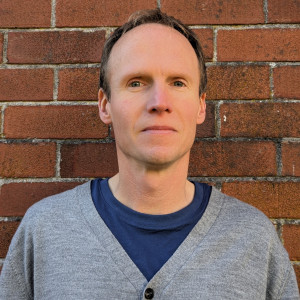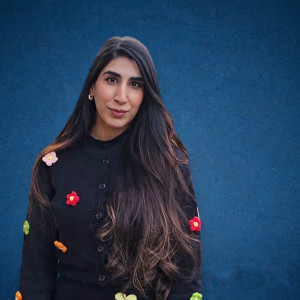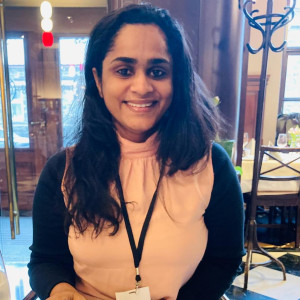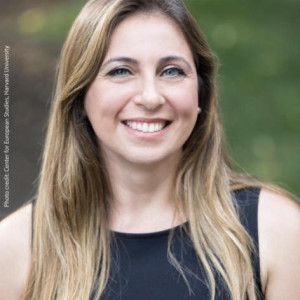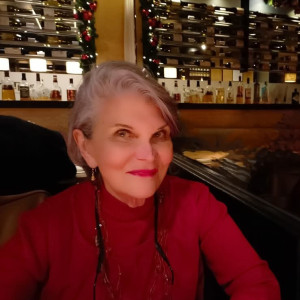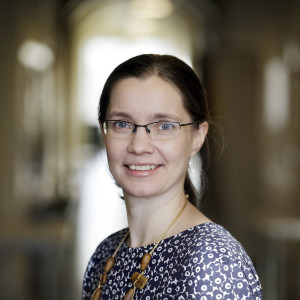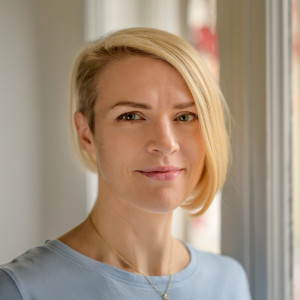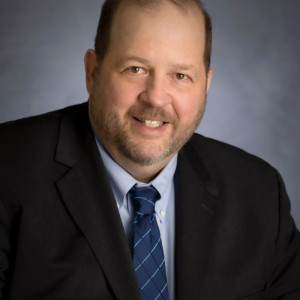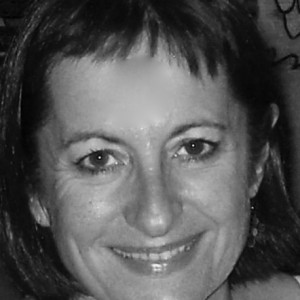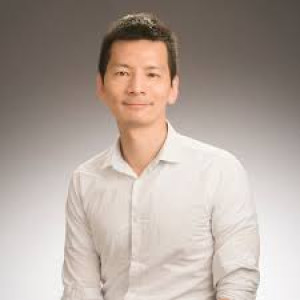The Standing Committee's objectives are to:
- Draw wider attention in migration studies to the inter-connections between families, welfare and care, and their changing contexts.
- Advance a life-course perspective in migration studies, by facilitating dialogue between scholars working on different life-course phases and transitions.
- Contribute to local, national and international policy debates on welfare and care as they relate to migrants and their families, advocating for interventions to mitigate social risks across the migratory life-course.
- Facilitate the career development of the next generation of researchers working in these fields.
- Promote the inclusion of researchers from under-represented regions (Eastern and SouthEastern Europe, the Global South) and create more synergies between scholars based in different regions of the world.
- Develop joint publications, collaborative projects and applications for funding.
Further information about the aims and governance of the Standing committee can be found here. (link opens in new tab)
To join the Standing Committee, please log on first to visit the application form
A list of members' selected publications can be found here (link opens in new tab).
Coordinators
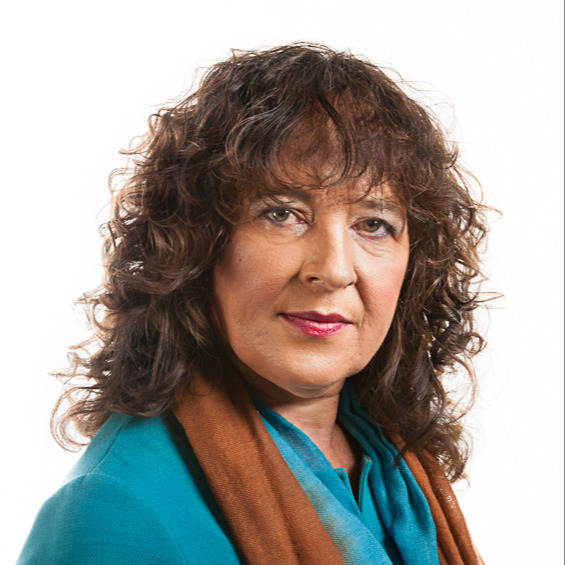
Tineke Fokkema
Netherlands Interdisciplinary Demographic Institute, University of Groningen, Erasmus University Rotterdam
PhD and Early Career Representatives
Thematic Working Groups (TWGs)
TWG 1 - Informal care and social support
Covering topics such as care chains; social networks, linked lives, loneliness; care/support for ‘left-behind’ family members; migrant grandparents and childcare contributions; intergenerational care exchanges; use of information and communication technologies within transnational families.
TWG 1 Co-leaders
TWG 2 - Migration and life-course transitions
Covering topics such as ‘Zero generation’ migration (older parents following adult children); the relationship between family formation and migration; mobilities for health care and social services; international retirement migration; return and circular migration at different life-course transitions; mobilities at the end of life.
TWG 2 Co-leaders
TWG 3 - Healthcare and social services
Covering topics such as migrants’ (and their families’) access to and usage of healthcare / social services; racism and discrimination in healthcare and social services; social determinants of health; cultural competency among healthcare / social service providers; indigenous and folk knowledge on health and care; users’ experiences of healthcare / social services; migrant workers in healthcare / social services; diaspora policies relating to healthcare entitlements; dying and end-of-life care.
TWG 3 Co-leaders
TWG 4 - Financial welfare and welfare regimes
Covering topics such as income support within migrant families; family and child allocations; parental leave and childcare subsidies; private and public pensions; retirement as a life-course transition; welfare regimes and their intersection with migration regimes; portability of social security benefits across borders/jurisdictions; and lived experiences of welfare bureaucracy.

